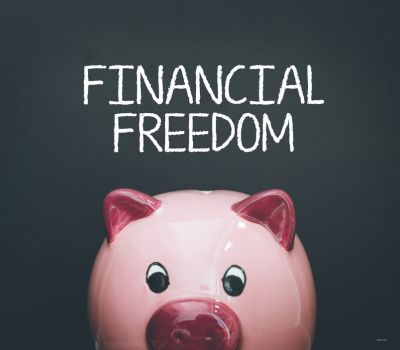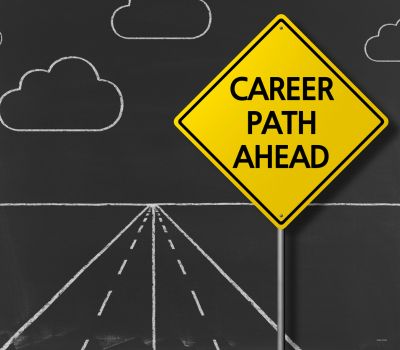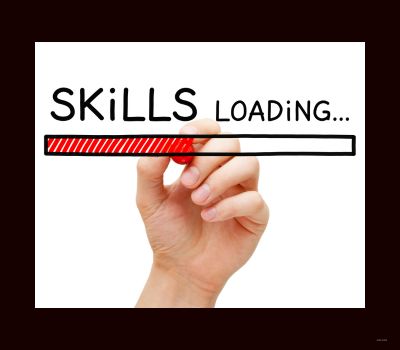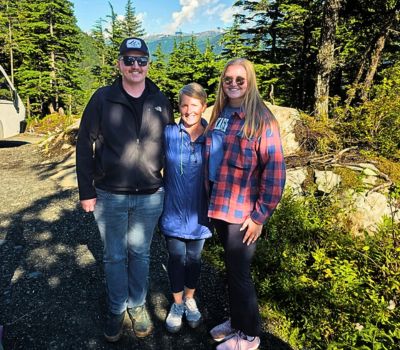Adulting Made Simple. Confidence Made Possible.
If you’re ready to feel a little more clear, a little more confident, and a lot more capable — you’re in the right place.
Start with practical, zero-cost tools that make everyday life simpler.
Adulting shouldn’t feel overwhelming. You don’t have to figure everything out alone.
Simplify Adulting gives you real tools, steady guidance, and a place to start.
We’re here to make adulting feel doable — not overwhelming.
Simplify Adulting was founded to help twenty-somethings (and anyone feeling a little lost) build confidence in the real world. We take the stress, noise, and guesswork out of money, career, communication, and everyday life skills.
No judgment.
No complicated systems.
Just clear guidance, practical tools, and steady support — so you can move forward one simple step at a time.
Tools That Make Sense
Simple, practical resources that help you make progress without feeling overwhelmed. One step at a time, starting where you are.
Real-Life Support
We focus on real everyday life — money choices, work stress, communication traps, and all the “why didn’t anyone teach me this?” moments.
Confidence You Can Build
You don’t need to be perfect. You just need steady steps, smart habits, and a little clarity. We help you get there.
A Clear Path Forward
Adulting gets easier when you know what to do next. We break things down so you always have a next step.
Simplify Adulting Pillars
At Simplify Adulting, we teach the real-world skills that help you feel more clear, confident, and capable in everyday life.
These four areas shape the foundation of confident adulting — and each one gives you practical steps you can use right away.

Money Skills That Make Life Easier
Get grounded with simple tools that help you understand your cash flow, manage debt, budget in a way that actually works, and stop feeling blindsided by money. No shame. No complicated systems. Just clarity and small steps that make a big difference.
Career Clarity & Real-World Tools
Learn how to communicate confidently, interview without spiraling, build stronger resumes, and navigate workplace expectations. Whether you’re finding your first job or shifting paths, we help you understand what employers really look for — and how to show up as your best self.


Communication That Builds Confidence
Hard conversations, boundaries, speaking up, asking for what you need — these are real adulting skills. We teach simple, steady frameworks you can use anywhere: with friends, partners, parents, coworkers, and roommates. Clear communication lowers stress and raises confidence.
Everyday Life Skills (The Stuff No One Taught You)
From staying organized and building routines to managing overwhelm and making decisions that support your future — these are the everyday skills that create stability. We make them simple, approachable, and actually doable.

The Simplified Adulting Team

We’re a family-powered team on a mission to make adulting feel a whole lot simpler.
I’m Lee, a former Fortune 100 executive turned Adulting Coach, and I still remember how overwhelming my twenties felt. Watching my own kids navigate an even more complicated world — with money stress, career uncertainty, and digital overload — made it clear: young adults deserve better tools, better support, and a judgment-free place to learn the stuff no one teaches.
My kids, Addison and Margaret, co-founded Simplify Adulting with me. Addison brings real-world know-how from the tech and automotive world (he’s our in-house “explain it like a human” expert), and Margaret brings insight from the front lines of Gen Z life — what’s working, what’s not, and what young adults truly need.
Together, we blend real-life experience with practical tools to help you feel clear, confident, and capable — one step at a time.
Adulting doesn’t have to be overwhelming.
We’re here to make it simpler.